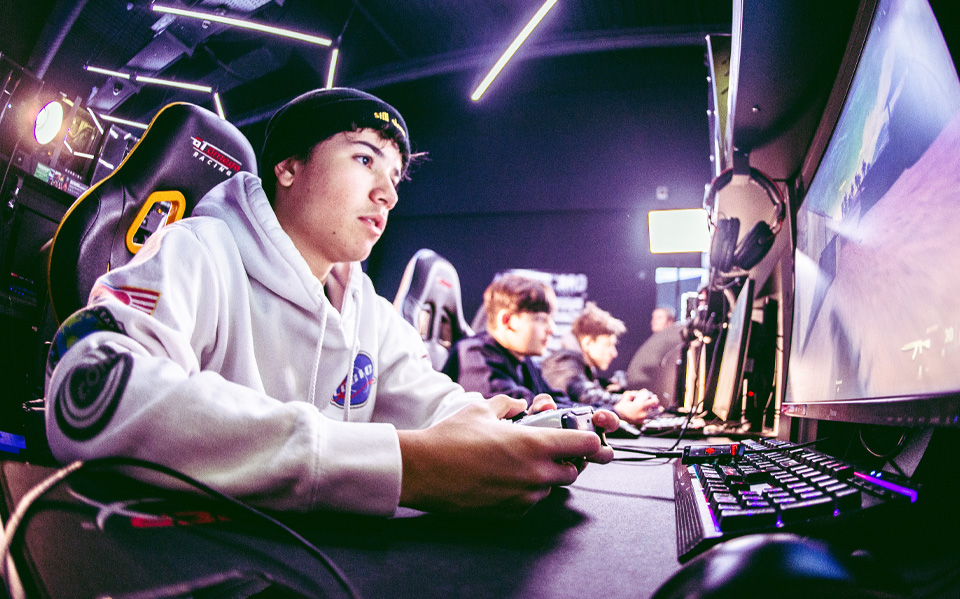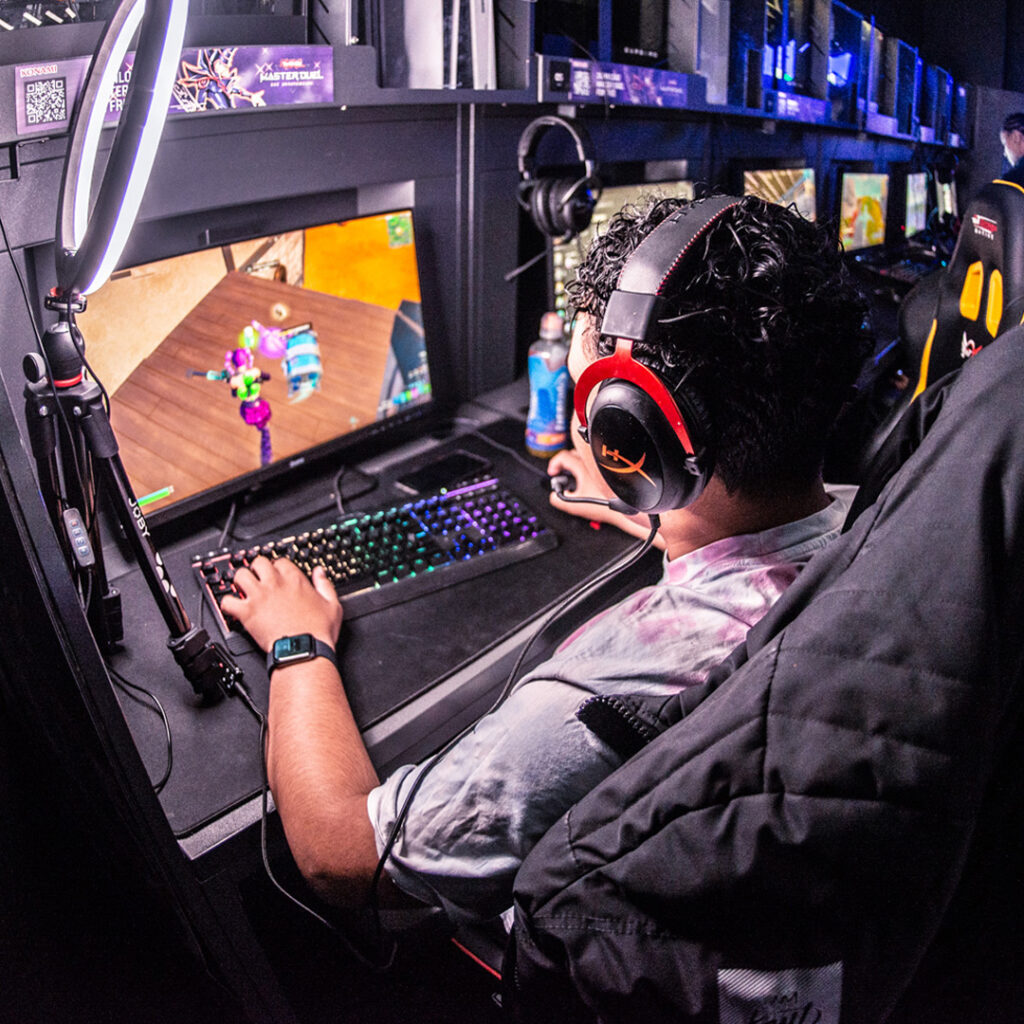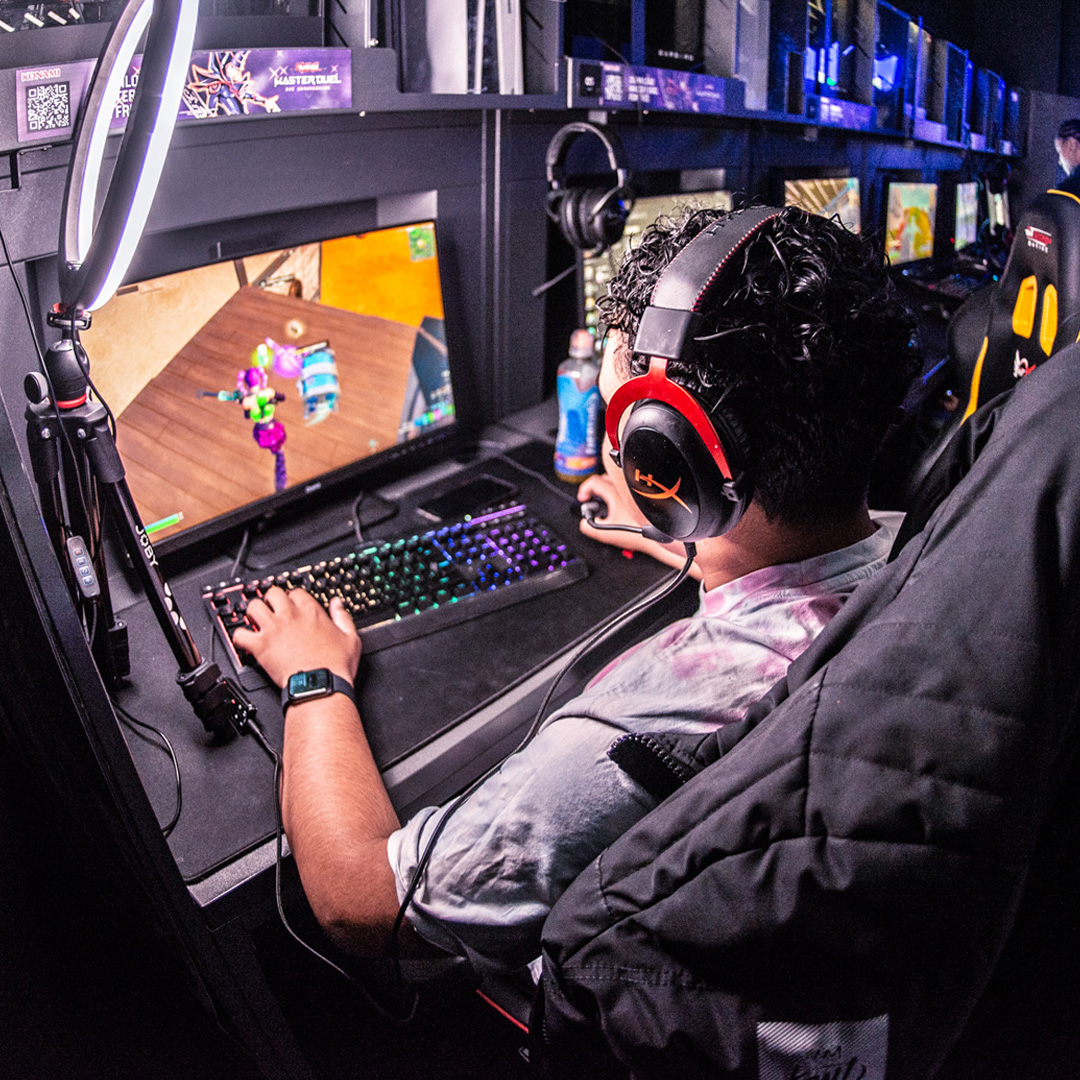You probably know by now that the term sports has taken on a new meaning in the modern day. It used to be solely physical-based competitions like football, rugby and athletics. For centuries, people have come together to watch these competitions, celebrating and commiserating as the teams or competitors they support win or lose.
Games as a sport
More recently though, playing games, once a hobby confined to split screening in your bedroom with your mates, has become a sporting force to be reckoned with. Think ever increasing prize funds, massive media coverage, regular viewerships in the millions and an economic force within its own right.

The rise of esports has been nothing short of meteoric, and it shows no signs of slowing down. Evidence of this can be found in the recent esports trials at this summer’s Commonwealth Games. While not part of the main event, the trials were run in parallel, to determine if they would be a viable option to add to future Games.
Since the trials, esports has been called ‘a success’ at the Games and is ‘expected to be included going forward’. Amazing news, but what if we think bigger? What if we look at the largest and most prestigious sporting event in the world, the Olympic Games? Could esports join the historic lineup of sporting competitions? Like the Commonwealth Games, it already sort of has, with a slate of ‘Olympic licensed esports events’ in racing, baseball, cycling, rowing and sailing taking place as part of the Tokyo Olympics last year. The interesting thing to note here is the choice of games. Rather than typical mainline esports games like Valorant, Call of Duty etc, the games are chosen based on the type of sport.
What are the IOC saying?
Off the back of that, the International Olympic Committee (IOC) has released a road map in which esports, while not appearing in 2024, may be featured in the main Olympics in 2028 in Los Angeles. There’s no indication of which games will feature yet, but it’s something to watch out for as we get closer.
But what about esports longevity within the Olympics? Clearly, esports can live in harmony alongside traditional sports and there’s a huge consumer appetite for this burgeoning new industry. Esports is growing so quickly that it’s going to be harder and harder for major sporting events to ignore, and besides, working with esports opens them up to a whole new world of opportunity. Sport is modernising and esports is the catalyst.
The best part is that with esport officially enjoying its time in the sunshine, a whole host of careers are going to open up. Esports isn’t just for competitors. Do you want to learn the skills you need to get ahead of the wave and forge a career in this exciting new industry? ACC is here for you with our bespoke Esports course, created to put you ahead of the competition. And if that grabs your interest, why not come and see us? We have open days coming up in your area. Register here.

















